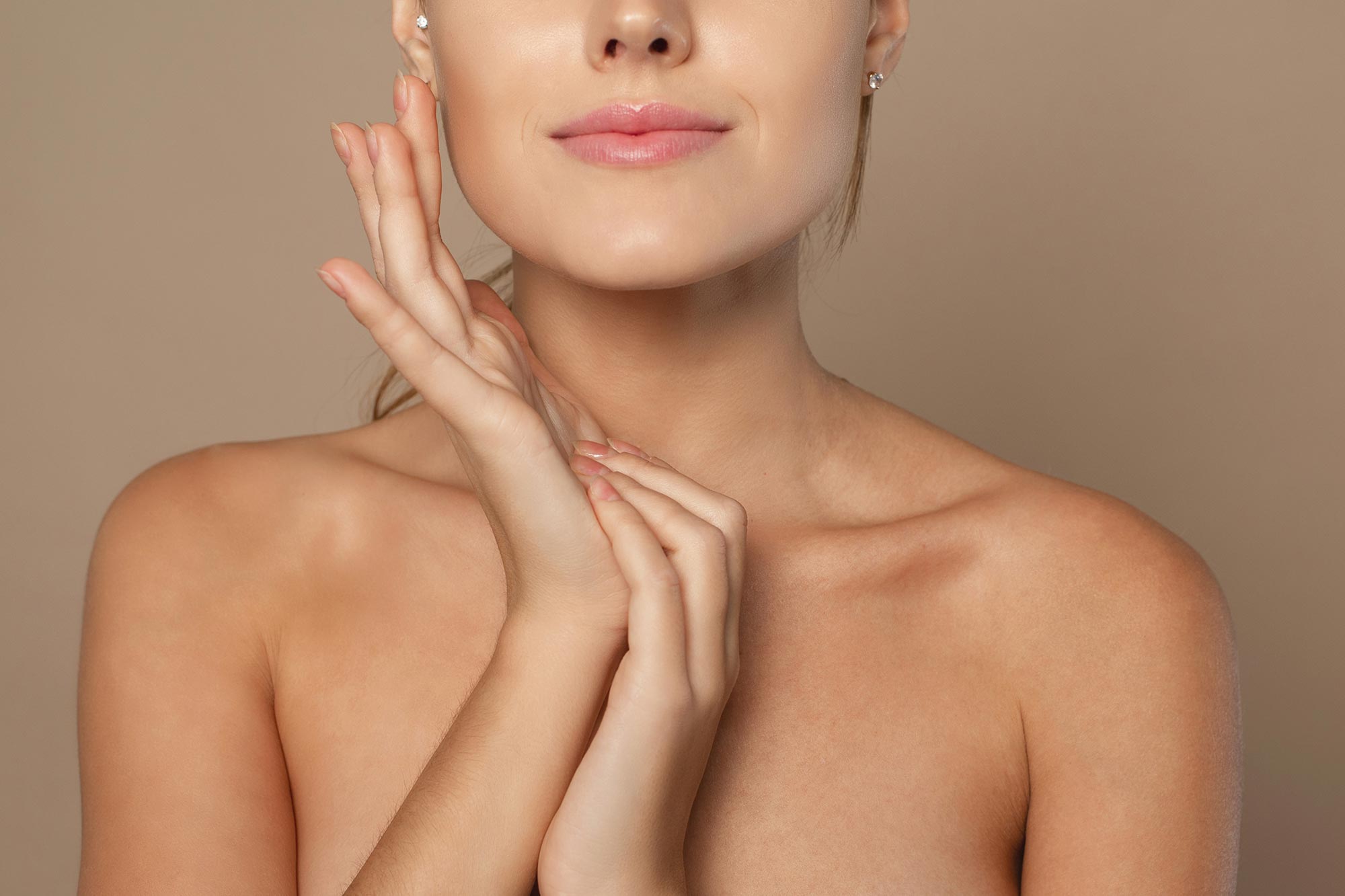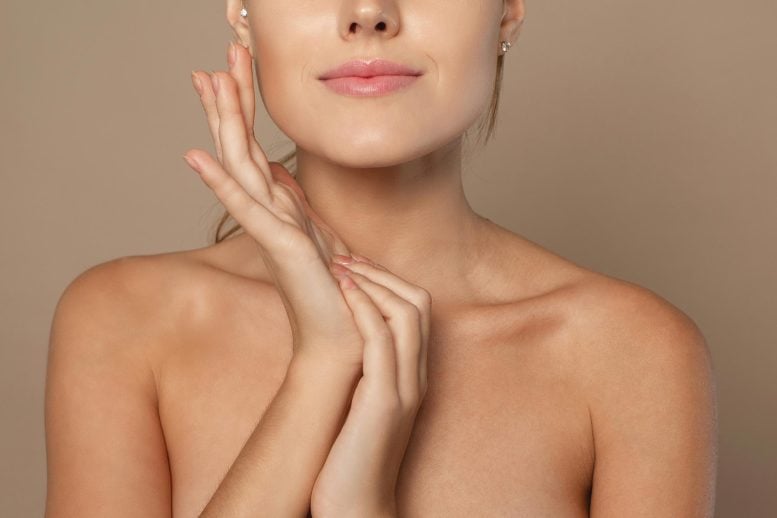

Collagen, a key structural protein in skin, bones, and organs, is heavily marketed as an anti-aging solution in various forms including powders and serums.
However, its effectiveness, especially when taken orally or applied topically, remains scientifically uncertain. Professional treatments like injections are recommended for those serious about combating aging, while lifestyle measures such as avoiding smoking and wearing sunscreen are advised for maintaining skin health.
Dear Mayo Clinic: I see ads for collagen powder and supplements everywhere now, and my sister swears by it for fighting wrinkles. Does it actually help prevent aging? What exactly is collagen?
Dawn Marie R. Davis, M.D., a Mayo Clinic dermatologist in Rochester, Minnesota, sheds light on what collagen is and how it is used.
Answer: Collagen has been seen in the media in regard to having anti-aging properties. At least 30% of your body — skin, bones, tendons, organs — is made up of collagen. Collagen is a protein of the supportive tissue of the skin, which helps give it its tightness and suppleness. As you lose collagen over time, this can lead to sagging and thinning of the skin and the development of wrinkles, which can make you look aged. Much of the anti-aging industry focuses on maintaining or, hopefully, building collagen.
Collagen comes in the form of over-the-counter dietary supplements such as capsules or powder, but it also can be consumed through gelatin found in foods such as Jell-O and marshmallows. Studies are unclear as to whether taking collagen by mouth, either through diet or by supplement, is beneficial. Oftentimes when research on collagen is performed, it is not performed on humans, or it may be performed on humans but in an amount that is impractical for your daily diet or habits over time.
When considering topical collagen products such as serums and moisturizers, keep in mind that collagen is a large protein with a complex structure that cannot be absorbed directly through the skin. Over-the-counter products may be labeled with fancy words such as “high hydrolyzed collagen peptides,” which claim that the collagen’s chemical structure is more absorbable in the gut lining or on the top of the skin so that it seemingly would be more active.
Topical products that are not medications are not registered through the Food and Drug Administration in the same way that prescription medication is. Similarly, oral supplements are not regulated by the FDA in the same way that food and oral medications are regulated. With numerous products available on the market, it is difficult to tell how it has been tested, what it contains and if those ingredients are helpful, neutral or potentially harmful.
In dermatology and plastic surgery, as well as facial, ear, nose and throat surgery, collagen and fillers in the skin are given through other treatment methods in the office, such as by injection. So, if someone is interested in anti-aging properties and bringing more volume to the deeper layers of their skin, at this time, prescription or active medical intervention in a physician’s office is suggested versus over-the-counter oral or topical treatment. If someone is interested in learning more, they should consult with their healthcare team.
The bottom line is, we don’t know if topical or oral supplementation of collagen is beneficial for anti-aging purposes. There’s no magic pill to reverse aging. Sun exposure is a major cause of wrinkles, especially for people with fair skin. And smoking causes narrowing of the blood vessels in the outer layers of the skin and damages collagen. The most effective way to support your collagen for anti-aging is to avoid smoking and exposure to secondhand smoke, limit alcohol use, and consistently wear sunscreen.